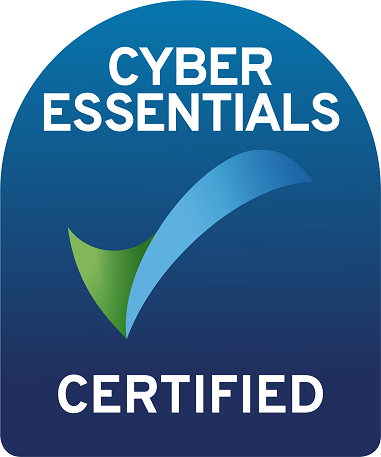Importance of EWS1
Following the Grenfell disaster, the media brought to the public’s attention the catastrophic implications of cladding on high rise properties. When buying, selling or remortgaging a property, primarily leasehold, if the property is over 18 metres high, which generally equates to six storeys there is a requirement for an EWS1.
This form confirms that the property has been tested for cladding and the building is safe.
Most mortgage providers would expect that this certificate is provided.
If you are looking to buy or sell a leasehold property, our Conveyancing team will be able to advise you on the EWS1 form and the requirements for this.
Joint Tenants v Tenants in Common
Buying a home with your partner can be an exciting time but it is important to consider how you wish to share the property from a legal standpoint. In the unfortunate event that one party dies, then whether you own the property as Joint Tenants or Tenants in Common can make a significant difference.
Most couples share a property as Joint Tenants. This means that you both automatically share the property equally and if one party were to pass away, then the surviving owner would automatically inherit the deceased’s share in the property.
However, if you were to own the property as Tenants in Common, although it is still possible to own the property in equal shares, if one party does die, it does not mean that the surviving owner automatically inherits the entire property. The deceased’s share in the property is inherited as detailed within their Will or the intestacy rules.
Our Conveyancing team can discuss these options with you in more detail.
Unregistered Properties
Since the implementation of the Land Registration Act 2002, it has been a requirement when purchasing a property that it is registered with the Land Registry. A property being registered reduces the risk of Property Fraud taking place. There are however still properties that are not registered at the Land Registry as the property has not been sold since 2002.
An unregistered property is able to be purchased and the process of the purchase is relatively similar to a property that is already registered. To ensure that you are protected once an unregistered property is bought, it is paramount that an application is made to the Land Registry for first registration of the property.
If you are purchasing a property that is unregistered, or you are currently residing in an unregistered property and wish to take the necessary steps to register your property, please do get in touch with a member of our Conveyancing team.
Stamp Duty Land Tax
Stamp Duty is a tax that purchasers of a property are expected to pay. Over recent years, and primarily as a result of the Covid-19 pandemic, there were steps taken by the Government in order to encourage the property market to continue. One of these steps was a Stamp Duty holiday.
Former Prime Minister, Liz Truss, introduced a new Stamp Duty Payment scale which has remained in place since she was succeeded by current Prime Minister, Rishi Sunak.
For First Time Buyers, there is no requirement to pay Stamp Duty on a property that is £425,000 or under. If the property is between £425,000 and £625,000 then a buyer will pay 5% for any amount within that bracket. If the purchase price is over £625,000 then you would be required to pay Stamp duty at the Home Mover Rate.
For a buyer that has previously had a majority interest in land or previously owned a property, the new rules state that Stamp Duty is not payable on anything up to £250,000. This has increased from the previous price of £125,000.
Businesses that are purchasing a property pay a different Stamp Duty rate, as do individuals who own more than one property.
If you want more advice on Stamp Duty, please contact our Conveyancing department to discuss further.





